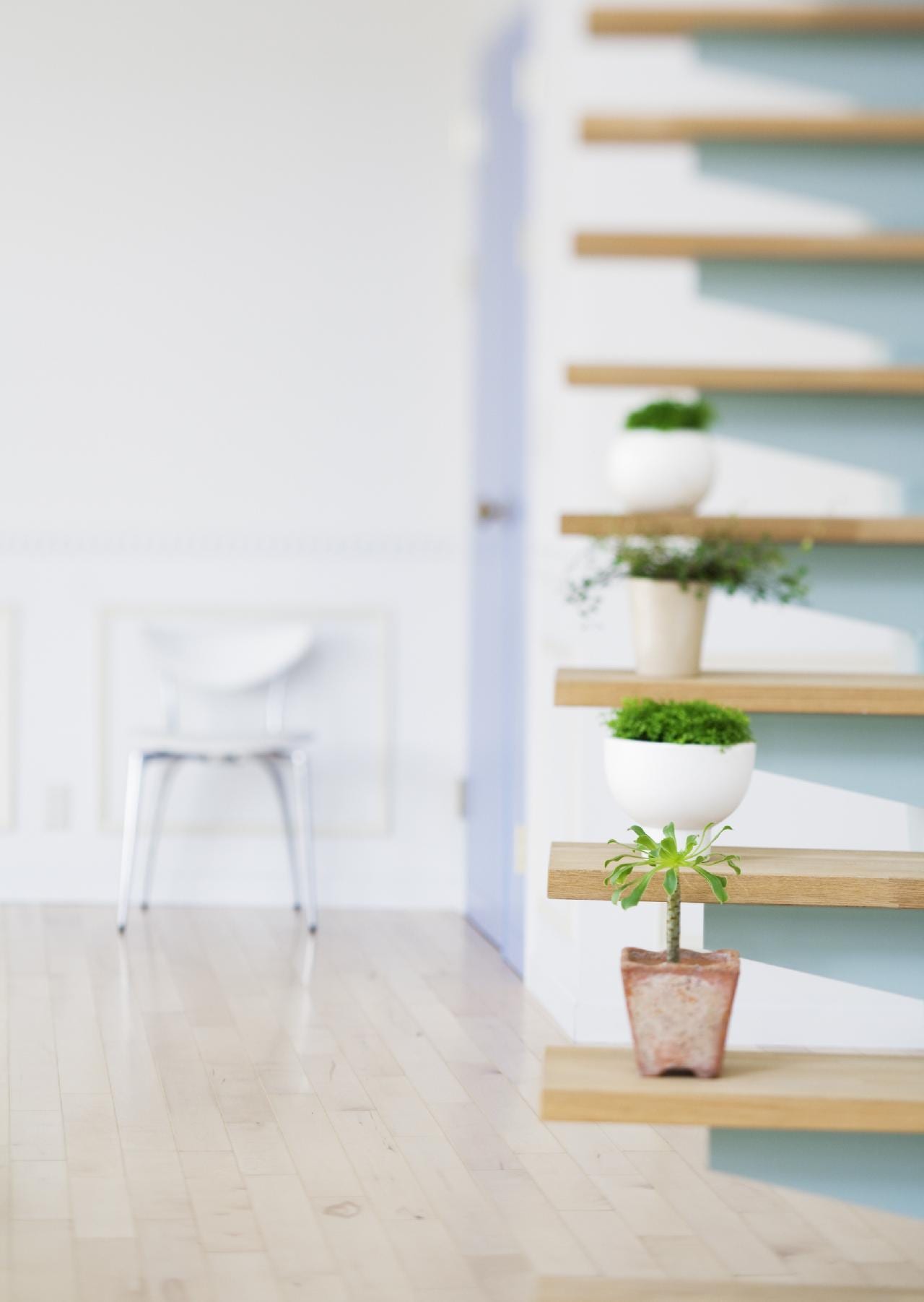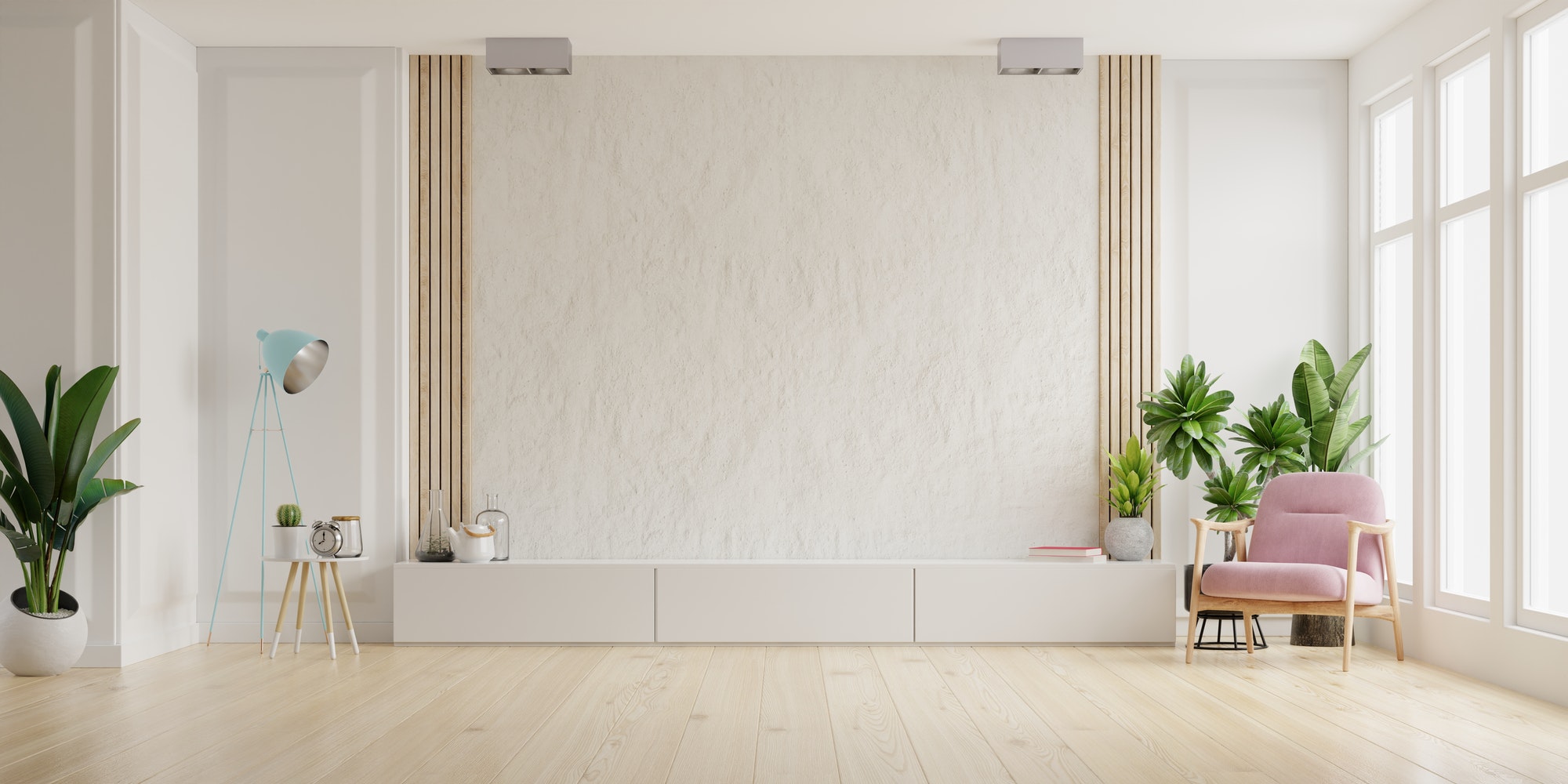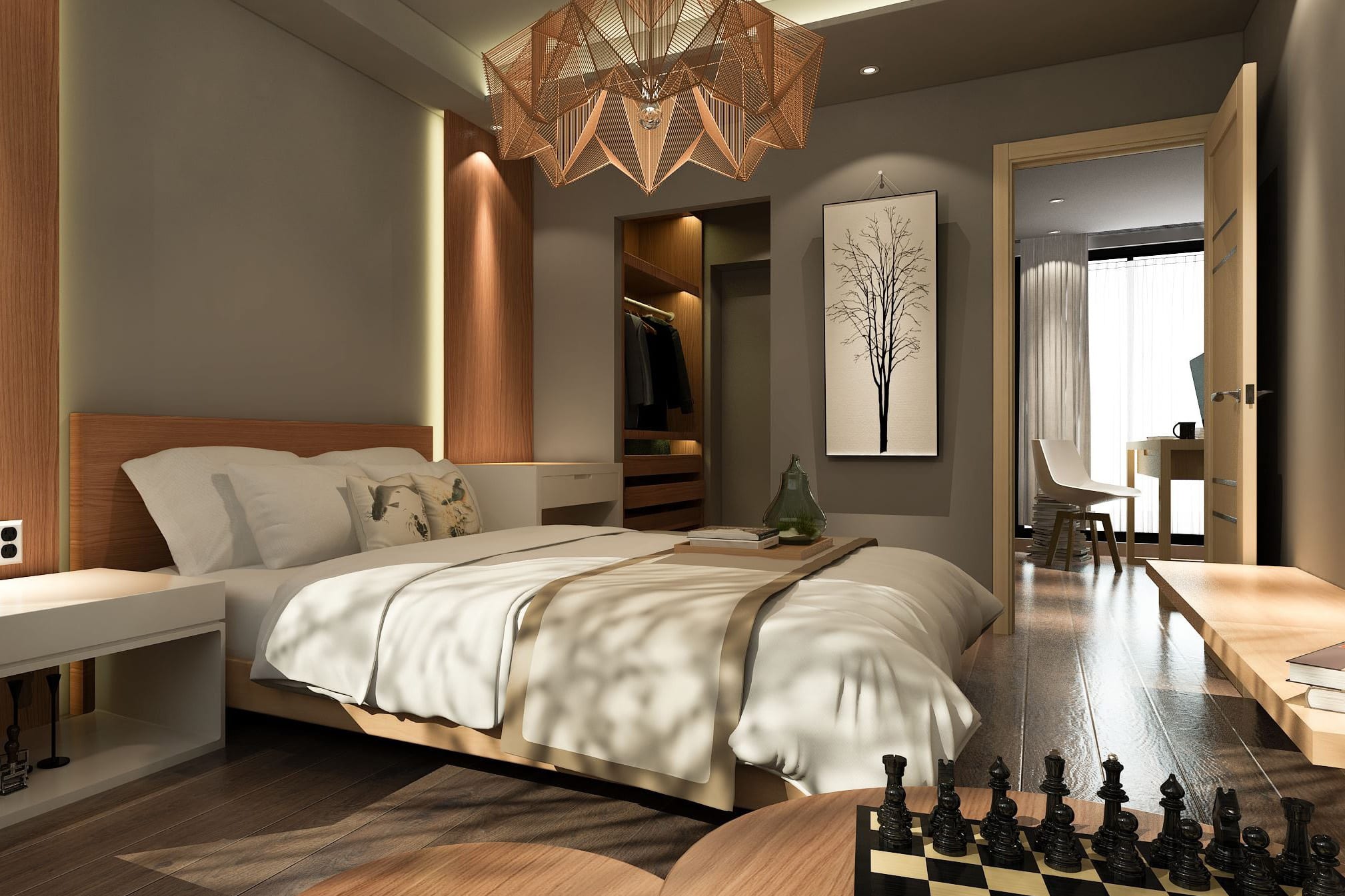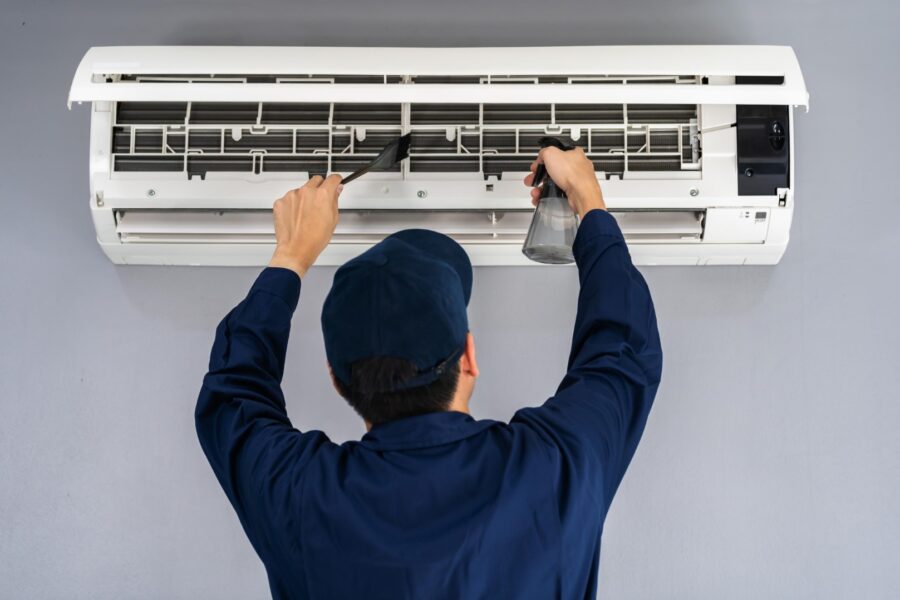Did you know that more than one-fifth of the global population has a significant form of disability? In fact, the United States alone has approximately 61 million adults living with a disability. That’s huge! Precisely why the need for a disabled-friendly home is becoming more of a necessity now than ever.
After all, we live a lot of waking hours in that home. It should feel more welcoming than otherwise. So, one must focus on finding a house or building one that focuses on your needs. While the design might vary from one disability to another, here are a few necessities that will eventually make your home disabled-friendly.
So, let’s begin!
The Path Leading to The Entry of a Home
Ideally, the path must be wide enough free from obstacles (in this case, steps). While this might look suitable only for people with disabilities, if you dive deep into the logic, you’ll see that this feature will be suitable for everyone living in the house. For instance, if you go for a gentle slope, a mother to a newborn or a toddler can easily take the pram or the tricycle out.
Again, if you are changing the furniture, the entire process will be a lot easier since the entrance is wide and there are no steps involved. Isn’t that good for pursuing your daily life chores?
Lever Handles Are Better
Going for lever handles than those fancy knob handles will come in handy for many forms of disabilities. For example, a person with arthritic or a dexterity problem can quickly grab the level handle than other options available.
Again, it’s not a good idea only for the person with a disability. It is useful for other family members as well. Let’s take an example. You went out on a shopping trip and had so many bags. With lever handles, you can use your elbow to open the door, which is not the case with knob handles.
Adjustable Shelves in Room and Kitchen
A house contains many shelves to store things. That’s the norm. Right! But people with disabilities are unable to do their daily activities if they are not flexible. So, whenever building housing for people with disabilities, experts consider using shelves with adjustable heights or pull-out styles. This helps people with disabilities or dwarfism get things done easily without relying on other people.
Skid-proof Floor Tiles
Needless to say that having a slip-resistance floor in the house is an advantage for almost everyone living in a house. But it is rather more of a necessity when it comes to people with disabilities. Remember, glossy finish tiles can be dangerous for such people. A slip can be extremely troubling for individuals.
Also, one must give some thought to using strong fittings in the bathroom. This would be an excellent choice for people with muscular dystrophy.
Wrapping Up
An ideal disabled-friendly home requires a lot of things. This is why experts advise contacting the people who provide such condos or apartments that are suitable for people with disabilities. Such societies will ensure that the parking areas are larger with workable kitchen tops, and others for a comfortable living. So, is your home disabled-friendly? If not, you must start your search right away!
Discover more from Futurist Architecture
Subscribe to get the latest posts sent to your email.



